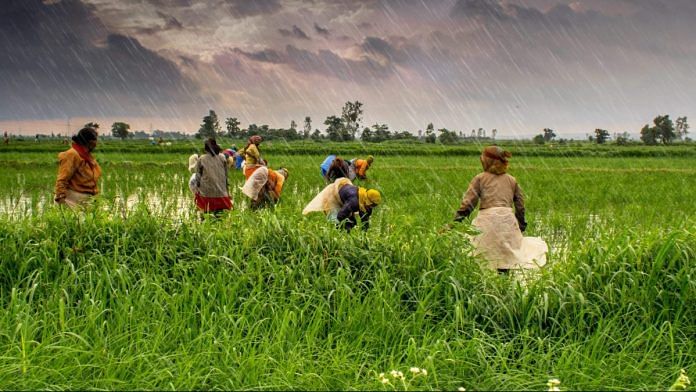It is simple to get the effect that smart farming and new technologies are mutually distinct. Today many researchers are working to create exciting technology and ideas that optimise organic agriculture even at the equal time, staying true to its beliefs. There is significant research that has evolved: Dr Alok Adholeya from TERI-Deakin Nanobiotechnology Centre will present an innovative and sustainable method based on the combination of mycorrhiza fungi and nano-bio-stimulants. It can increase the rural productivity of many farmers globally in an environmentally pleasant manner.
Globally, around 80% of all farms are so-known as smallholder farms on regions of up to two hectares. Such farms regularly form the agricultural backbone in growing international locations but can not continually consider the environment and sustainability. Right here, innovation and cutting-edge era make new solutions viable, as an example, via using cultivation areas extra consciously through sensor generation and spatial geodata. Anil Rajvanshi, director of Nimbkar Agricultural studies Institute (NARI) in India, will display how present-day precision farming, the net of things, or even 3-d printers can help turn the USA’s smallholder agriculture an appealing and rewarding enterprise. Samir Sodaiya of Godavari Biorefineries Ltd., also from India, gives an exceptional approach. He indicates how a biorefinery can not safely produce sugar from sugar cane without creating different treasured products from aspect streams and “waste”. The Godavari promotes and improves sustainable agriculture via enhancements including drip irrigation, precision agriculture and agro-ecological practices.

Assist for smallholders to lessen poverty in rural areas and keep biodiversity: Gero Lesson from Dr Bronner’s Magic Soaps provides their dynamic agroforestry in Ghana, India and Samoa, from wherein the organisation gets its coconut, palm, and mint oil delivery. Bushes are planted in blended, stratified forests and the higher density results in better yields, more biodiversity, and improves the local smallholder farmers’ livelihoods. Julius Ecuru from the BioInnovate Africa software (BAP) indicates how local vegetation and new technologies can be used profitably by way of local smallholders in East Africa, e.g. through novel enzymes, alternative merchandise made from millet or public-private partnerships.
Globalisation is putting many smallholders under pressure from massive farms, subsidies and domestically weak infrastructure. But, again, technology can offer answers by permitting small farmers to network or create everyday tasks and cooperation. Rajnish Gupta from Tansa will gift reports of and with smallholder farmers in rising nations and show standards for success in the transition to modern agriculture.
Sooner or later, there is also the outstanding ability for organic farming innovation in industrialised nations; cutting-edge robotics, for example, can fight weeds precisely and without chemical substances. Many new thoughts are specifically tailored to resolve unique problems for collective farming: At REFAB, Björn Lagerman of FriBi keeping AB provides the BeeScanning App. With a phone digicam and the app, beekeepers can combat the Varroa destructor parasite mite whilst watching other residences of the hive. The tool no longer only permits the diagnosis of the hive’s health but also paperwork a foundation for populace modelling and breeding programmes. Would you want to get an in-intensity look into how innovations can both form the future of organic farming and support smallholders worldwide? “Revolution in Food and Biomass manufacturing (REFAB)” on October 1st and second in Cologne. A complete fifty speakers will give the future of meals and biomass production. The convention may be followed by using the “destiny Protein Award”. Up and coming agencies will give their progressive meals or protein principles from CO2, insects, algae, microorganism and cell-cultured meat in the accompanying exhibition. The conference topics can select their favourites and on the give up the most convincing ideas could be provided.